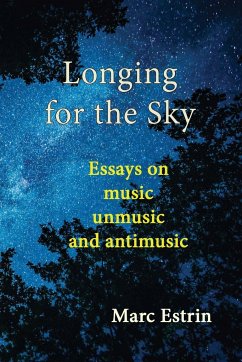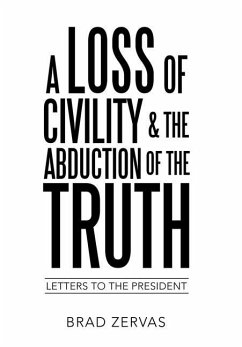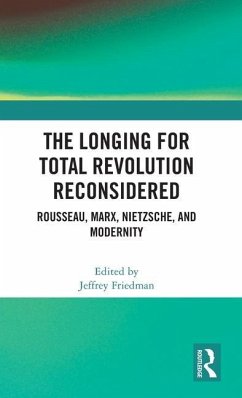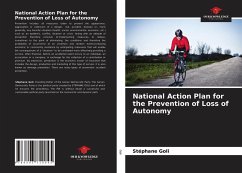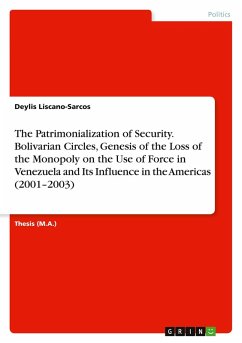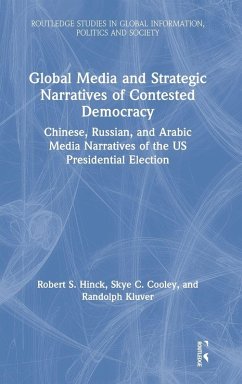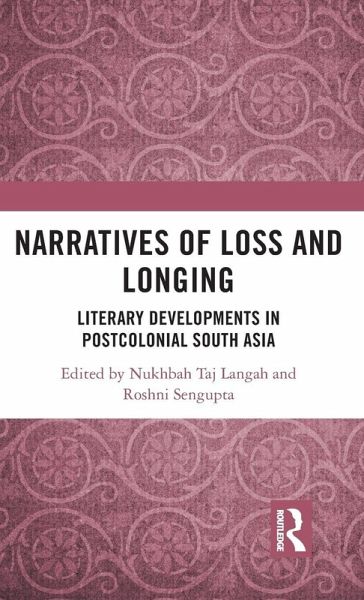
Narratives of Loss and Longing
Literary Developments in Postcolonial South Asia
Herausgeber: Langah, Nukhbah Taj; Sengupta, Roshni
Versandkostenfrei!
Versandfertig in 1-2 Wochen
169,99 €
inkl. MwSt.

PAYBACK Punkte
85 °P sammeln!
This volume brings together new research on the developing and transforming literary scape in South Asia in the aftermath of the partitions of 1947 and 1971. It thematically explores the transformations that have taken place in the literary spheres of India, Pakistan and Bangladesh.





